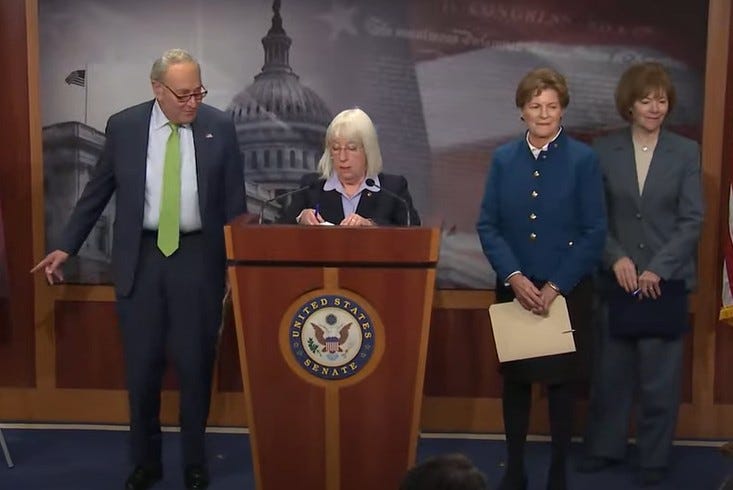The courtroom fell silent as Joseph Emerson, an off-duty pilot, received his sentence: time already served, plus three years of supervised release. The case, a chilling tale of a mid-air crisis, had gripped the nation, revealing a desperate act that could have had catastrophic consequences.
Emerson had attempted to shut down the engines of a fully loaded Alaska Airlines flight while a passenger. The shocking incident unfolded thousands of feet in the air, sparking immediate fear and confusion among the crew and the 173 other passengers on board. Initial reports painted a terrifying picture of a pilot seemingly intent on causing a crash.
Investigations quickly revealed a disturbing element: Emerson had ingested psilocybin mushrooms – a potent hallucinogen – just hours before boarding the flight. This revelation shifted the narrative from malicious intent to a potential mental health crisis triggered by the drug’s effects.

The pilot’s defense team argued that Emerson was experiencing a severe psychotic episode, completely detached from reality and unaware of his actions. They presented evidence of a recent personal tragedy that had deeply affected him, suggesting a vulnerability that may have contributed to his decision to use the mushrooms.
The prosecution acknowledged the mitigating circumstances but emphasized the gravity of the offense. The potential for disaster was immense, and the actions, regardless of the cause, created a terrifying situation for everyone on board. The plea of guilty reflected a recognition of the seriousness of his conduct.
The judge, while acknowledging the unusual circumstances, stressed the importance of accountability. The sentence, while lenient given the potential consequences, included a period of supervised release designed to ensure Emerson receives ongoing mental health support and prevents any recurrence of such an event.
The incident has ignited a broader conversation about mental health within the aviation industry and the potential risks associated with substance use, even when off-duty. It serves as a stark reminder of the immense responsibility pilots carry and the critical need for robust screening and support systems.





